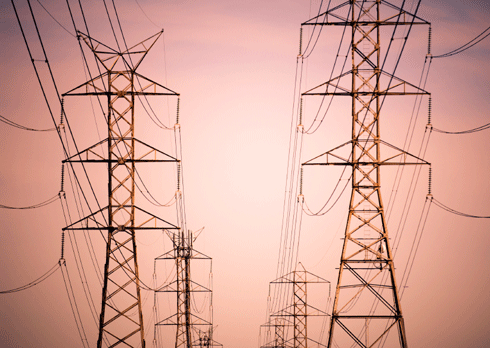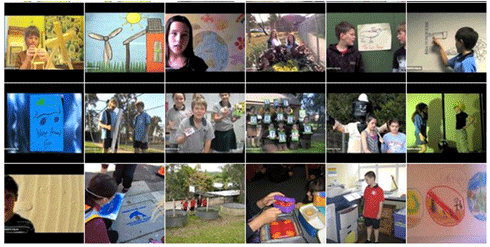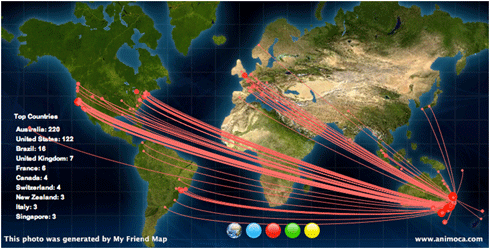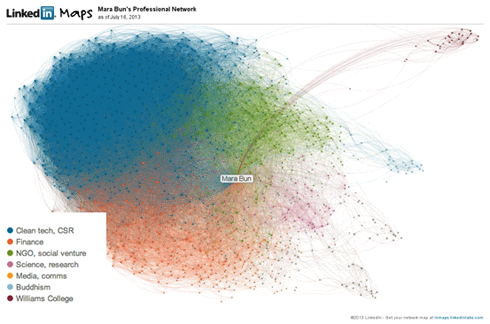
|
Published: 19 July 2013
Powering down could boost the economy
Australia’s poor investment in energy efficiency is costing the nation tens of billions of dollars in of economic growth, according to a new report from The Climate Institute in association with GE.
The report found that failure to match other countries’ rate of energy efficiency improvement would see Australia forego $26 billion in revenue by 2030.
‘If Australia improved its energy efficiency by just an extra one per cent each year it would generate an additional $8 billion in GDP by 2020 and $26 billion by 2030,’ said John Connor, CEO of The Climate Institute.
‘This is an important contribution to improving Australia’s productivity, as well as cutting our energy bills and carbon pollution.’
The study, said to be the first to quantify the impact of energy efficiency on economic output, found that, on average, a 1 per cent improvement in energy efficiency boosted GDP per person by 0.1 percentage points.
The research was carried out by Vivid Economics and is based on analysis of over 30 years of data from 28 countries.
Major industrial sectors like manufacturing, resources extraction and processing, construction, and freight and air transport could cut their energy use by 11 per cent, saving companies some $3 billion each year, according to recent research by ClimateWorks Australia.
Energy saving tactics range from sectors, but can include upgrading equipment, retrofitting buildings and refining operational processes.
GE Australia & New Zealand Director of ecomagination, Ben Waters, said there was enormous potential to achieve productivity gains and eliminate costs from some of Australia’s major industries, such as mining, and manufacturing.
‘This new research reaffirms that improvements in energy efficiency and economic growth are not mutually exclusive,’ said Waters.
‘By making even small investments in our energy productivity, we have the opportunity to reach new levels of efficiency, drive economic growth and improve utilisation of our scarce energy, mineral, agricultural and water resources while reducing carbon emissions.’
Agencies like the International Energy Agency (IEA) have found that Australia has a poor record on investing in energy efficiency. Australia’s annual energy efficiency improvement of about 0.5 per cent is below the IEA average of 1 per cent per year for countries assessed, and well below that of many comparable economies such as the United States (0.9 per cent) and Canada (1.4 per cent).
‘To get to the next level, we need policies like a national energy saving initiative, ambitious performance standards for vehicles and equipment, and bipartisan support for a robust long-term signal for low carbon investment,’ said Connor.
‘We need to get beyond the idea that energy efficiency means changing light bulbs. In fact, just about every product and process can be streamlined to reduce energy waste.’
Source: The Climate Institute







